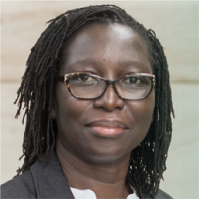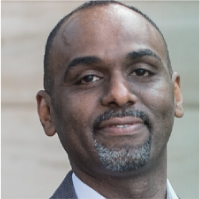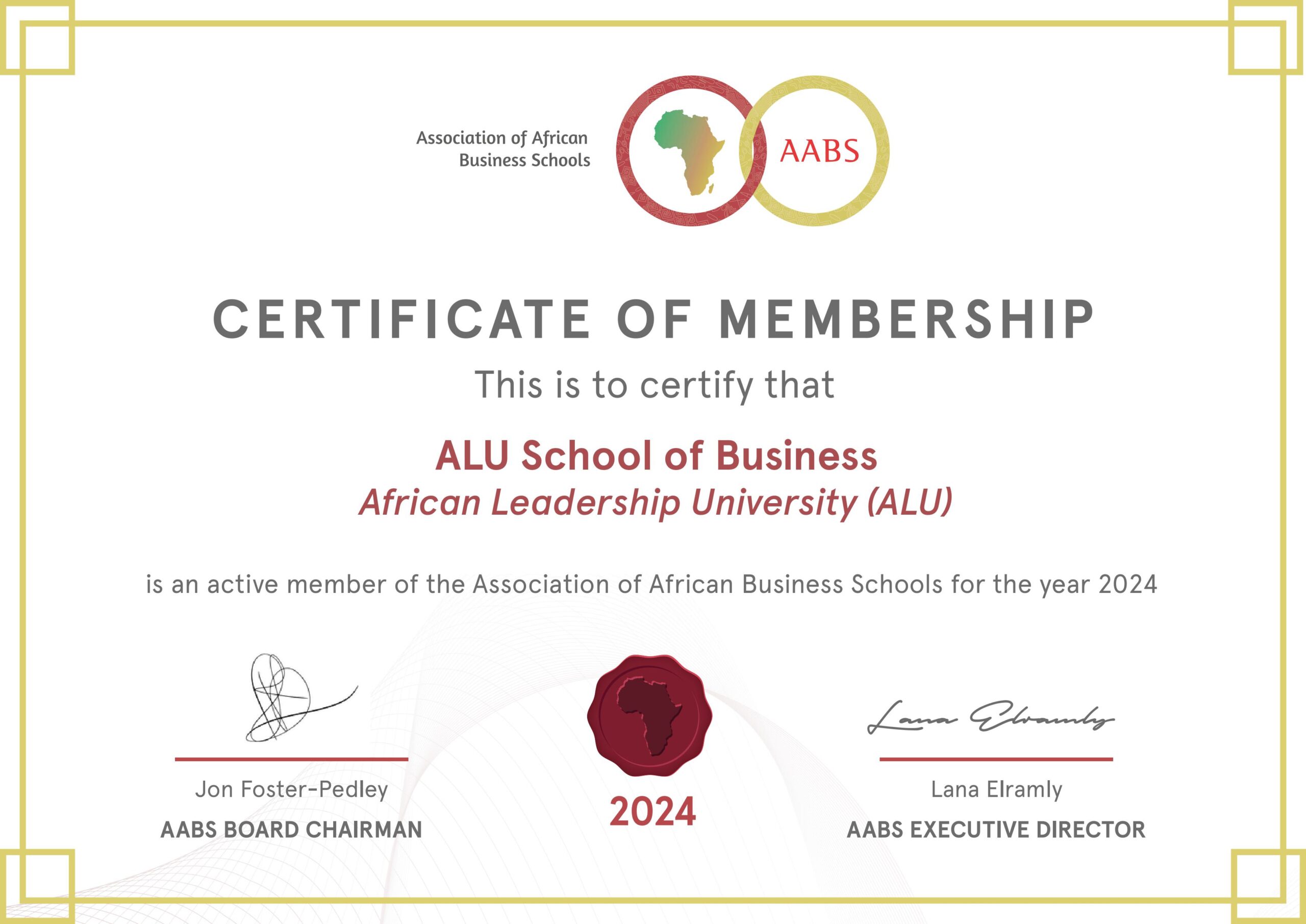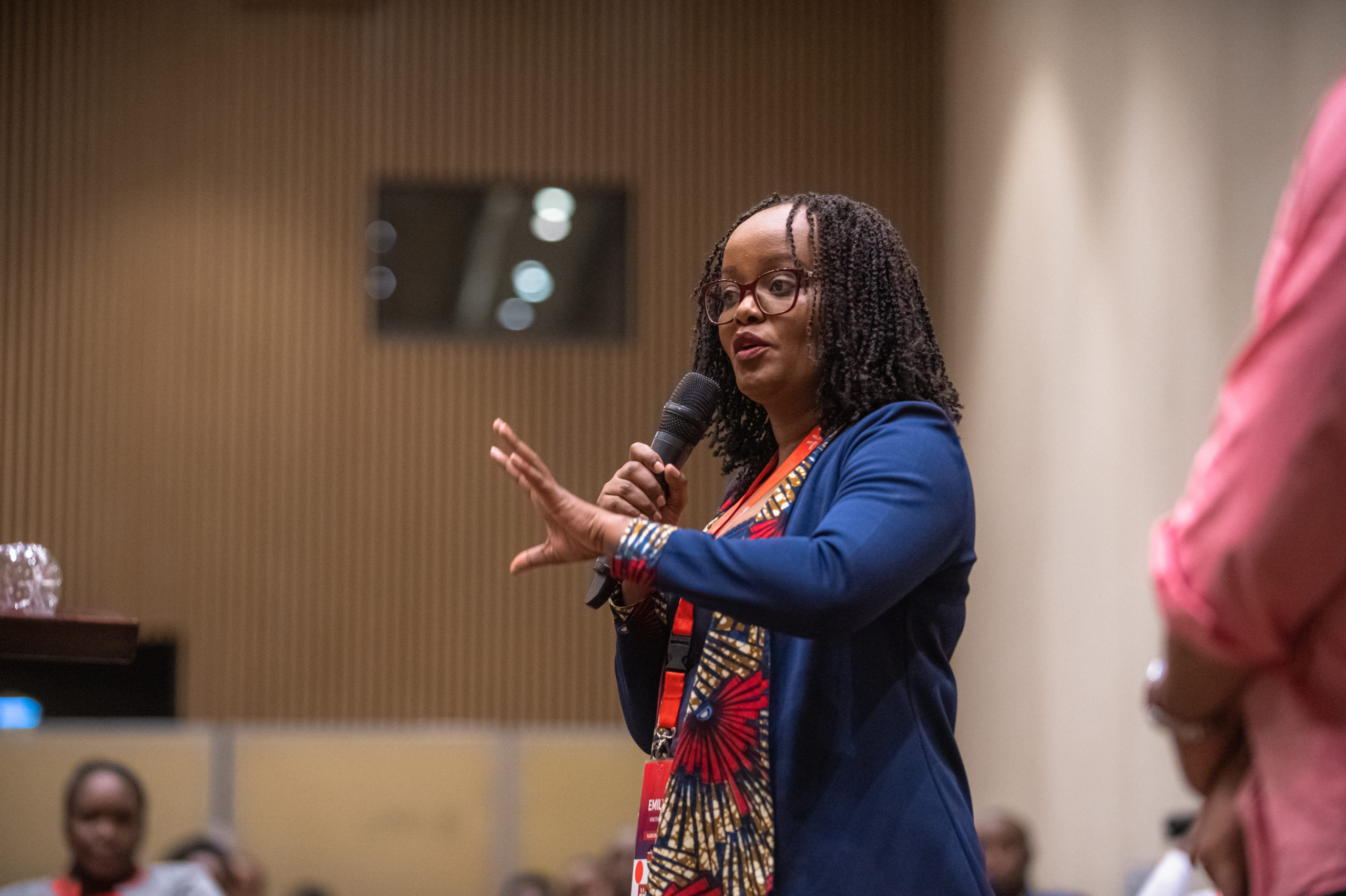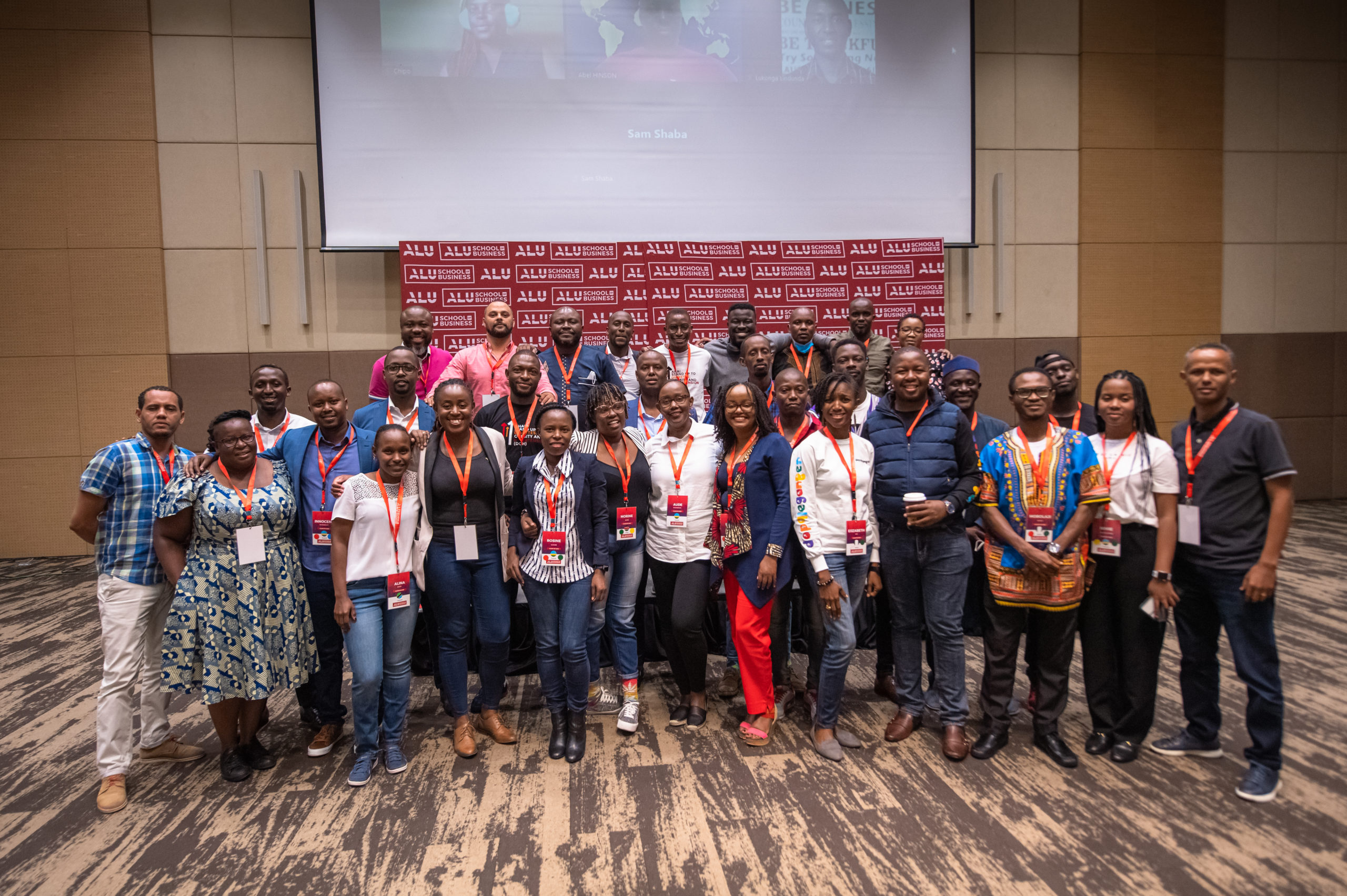This September, Mark Watt will join the faculty of the world’s first and only pan-African EMBA programme at the ALU School of Business. Mark Watt is a principal in Heidrick & Struggles’ Johannesburg office and a member of the Global Leadership Consulting Practice. Mark focuses mainly on leadership consulting and advisory work, servicing all industry sectors. He has partnered with private and public clients globally, including startups and multinationals. Mark holds a degree in microbiology and genetics from the University of Stellenbosch, South Africa.
What excites you about the ALUSB EMBA?
It’s clear that it’s a new way of doing an EMBA programme, a real pan-African programme. If I think about existing EMBA programmes, they’ve all been taught in quite a traditional way. I like the innovation and creativity of the ALUSB EMBA; it’s an EMBA for the future. I really think that Fred and the African Leadership University (ALU) are trying to break the mold. This EMBA has the opportunity to match changing market dynamics in the future.
What is your vision for the programme?
In the work I do across sub-saharan Africa, I’m very focused on practical leadership. I spend my time consulting and working with leaders of very big and small companies.
In my work, I see a lot of theoretical leadership; you can have a lot of textbook theory, but leadership is about people and how you lead them. This is a specific perspective that I’d like to bring to the ALUSB EMBA programme. How can I prepare ALUSB EMBA graduates to hit the ground running right out of the gate? Young leaders will come out of the ALUSB EMBA programme with the ability to make an impact when they get out there. My vision is to bring the element of practicality to the process.
What will your focus be with respect to curriculum? What you will teach?
I am a principal in the leadership consulting practice at Heidrick and Struggles, a global leadership advisory firm with a presence in 60 countries and our purpose is to help our clients change the world, one leadership team at a time. We help some of the biggest companies on the planet with their leadership challenges because we believe that leadership can actually make an impact. Our method allows leaders the opportunity to really look inside themselves to ask ‘How do I lead myself?’, ‘How do I lead on a team?’, and ‘How do I make an impact on my organization?’. We believe that the focus is always first and foremost on how you lead yourself; we begin by accelerating individual leadership. On that basis you can really help an organization accelerate. We also create African content around our leadership strategies. We’ve developed quite a body of knowledge and we’ll blend that with our international thought leadership through partners such as Stanford University and Harvard University, among others. We aim to build on our thought leadership library by incorporating lessons from Africa.
How will you be incorporating a pan-African element within the standard EMBA curriculum?
I plan to really tap into the African Leadership Network in order to learn from established African leaders in a real world sense. How do we look at the challenge of leading in Africa through African eyes? At Heidrick & Struggles, we recently published a piece of research asking leaders from around the world about the changes in leading as a CEO in a volatile and uncertain world. Fred Swaniker is also committed to ensuring that we bring an African point of view on leadership strategy to the table. There is no reason why there can’t be more Africans leading global multinationals, because African leaders have something to offer that’s different. Africa has capabilities & learnings that we must incorporate into our overall understanding of leadership. We’ve got to move quite rapidly in order to really challenge the standard EMBA curriculum. I’ll be looking to emphasize the practicality of leadership. Our continent is different and we’ve got to incorporate that point of view into the curriculum.

